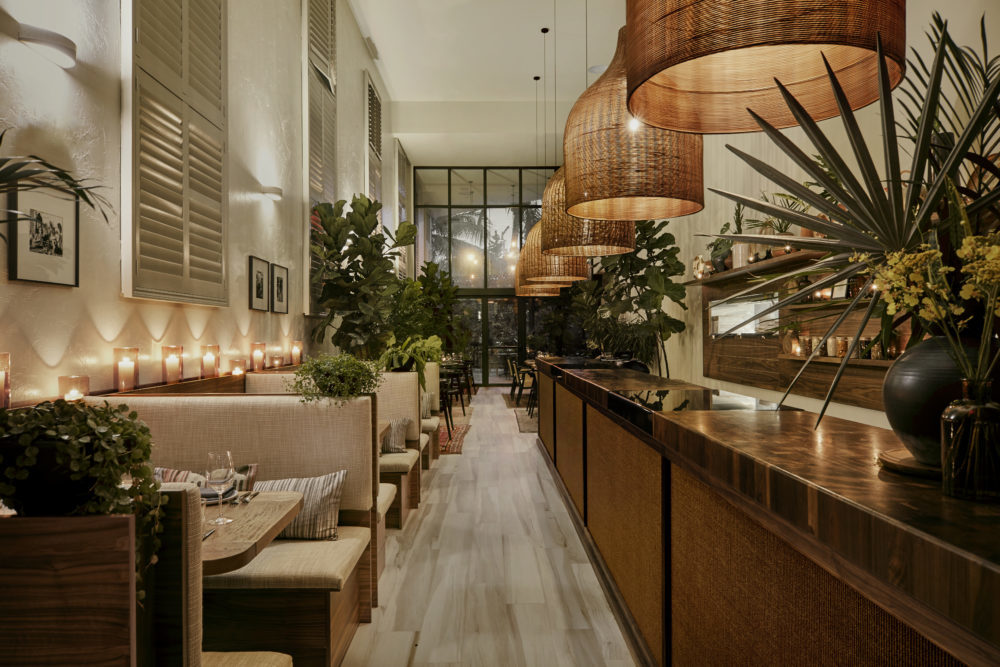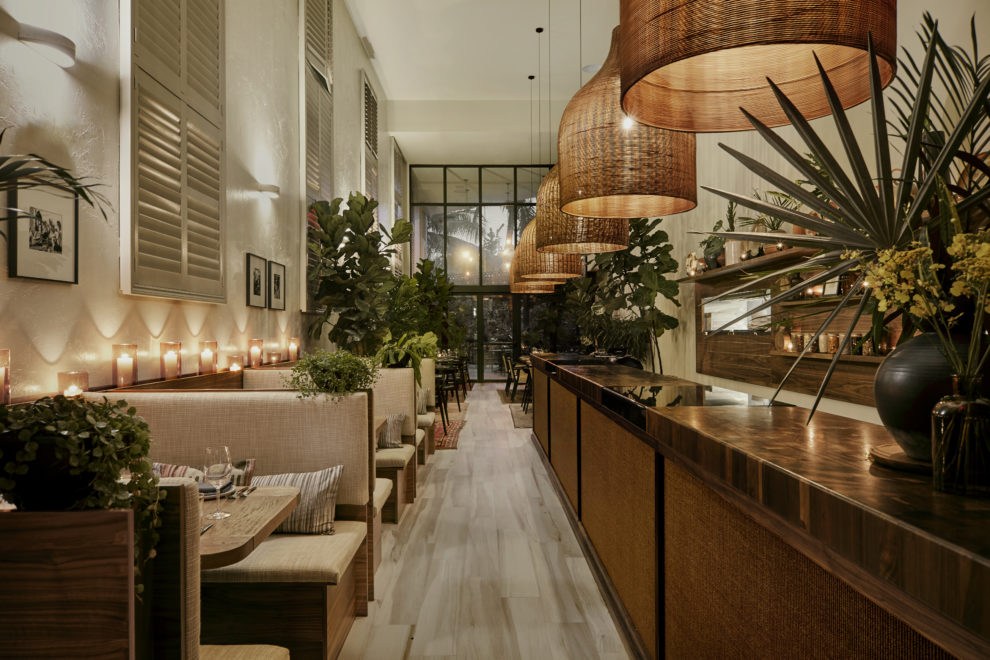Life House, a 3-year-old hospitality startup, announced this morning it has closed on a $30 million Series B from a large group of investors.
Subscribe to the Crunchbase Daily
Travel-tech focused Thayer Ventures led the round, which included participation from Tiger Global, JLL Spark, Ashton Kutcher, Sound Ventures and existing backers Global Founders Capital, Comcast Ventures and Trinity Ventures. Several strategic investors (namely hotel owners David Hamamoto and Jim Ketai) also put money in the financing, which now brings its total venture raised to just over $40 million.
New York-based Life House is an unusual company in that it started out as a software provider aimed at fixing “the broken and complex hotel operational model” before morphing into a combination of tech provider, hotel manager and boutique hotel brand.
“We use proprietary complex software to make hotels run more seamlessly and reduce the costs of operating them,” said founder and CEO Rami Zeidan. “That allows us to build beautiful lifestyle boutique hotels and make them more accessibly priced to travelers.”
Growth
Lebanese-American Zeidan started Life House in 2017, after nearly a decade of working in different areas of the hotel industry.
The company in 2018 launched two primary products–an “accessibly priced” 4-star hotel brand called “Life House” and a white-labeled software-driven management platform. The platform, according to Zeidan, has been driving over 30 percent to 40 percent increases in profitability to hotel owners without a rebranding or renovation. Life House has built several proprietary software applications including an automated, algorithmic and machine-learning driven pricing system, automated financial accounting and reporting.

Life House also teams up with hotel operators to renovate existing boutique hotels into its branded hotels. For example, the company recently helped Blue Flag Capital (an owner of two Life House hotels and an investor in the company) renovate a hotel in 86 days. Blue Flag’s Jason Brown said his company was “extremely impressed with the Life House team’s ability to immediately add value to the hotels we have acquired and completely transform a hotel in such a short amount of time.”
All the while, Zeidan has been focused on scaling responsibly. The company has just 30 corporate employees and has been tripling its annual recurring revenue year over year. Zeidan expects Life House will be profitable by the end of 2021.
A unique model
Venture-backed hotel companies are not common, Zeidan explained, due to the complexities of the business. But his background helped give him unique insight into the industry’s problems.
“I looked at how we could automate components of operation and add value to the customer experience,” he said. “I realized if we do that at scale, we can make all these hotels provide a great hospitality experience without being as expensive.”
Real estate owners now hire Life House to design, brand and manage their hotels. Last year, the company secured $100 million (separate from its venture funding) to do just that.
With over 800 rooms today and 25 hotels expected to be open and operating by early next year, Life House prides itself on an asset-light approach.
“We invested money to build a product, and every time someone new buys it, it’s pretty much a 100 percent margin,” he said. “Plus, our real estate capital allows us to buy growth without diluting our venture investors.”
Life House plans to use its new capital to further build out the features of its proprietary SaaS platform while continuing to build on the brand and awareness. Specifically, it plans to hire growth and sales teams to expand into new markets. Currently, it’s in Miami, Nantucket, Denver and Brooklyn.
“What’s also interesting is that when we enter a new market, we don’t have any local costs,” Zeidan explains. “For example, when WeWork launches a new market, it has to build the infrastructure in that market and hire a team there. But most of our work is done digitally, and that allows us to be market agnostic.”
Market context
Chris Hemmeter, a managing partner at Thayer Ventures, said his firm “like many other investors” was “immediately enamored” with Life House.
“Our connections and LP-base in the hotel space are deeply rooted and after a thorough vetting, we became even more excited,” he said in a written statement.
Life House for now is focused on small hotels where owners are particularly underserved but has plans to grow out of that in good time.
“We’re initially focused on small hotels where we can grow quickly with minimal competition, but there’s no reason we can’t eventually be the best solution for any sized hotel,” said Zeidan. Currently, the company’s largest hotel is 132 rooms, but there are larger projects in the pipeline.
Earlier this month, I wrote about another startup with a similar concept raising money. The Guild, an Austin-based hospitality company aiming to bridge the gap between Airbnb and hotels, closed on a $25 million Series B.
Other higher-profile startups in the hospitality space include short-term rental provider Sonder, which reached unicorn status last July with its $210 million Series D raise, and Lyric, which raised a $160 million Series B led by Airbnb last year.
Blog Roll Illustration: Li-Anne Dias

Stay up to date with recent funding rounds, acquisitions, and more with the Crunchbase Daily.



![Illustration of a guy watering plants with a blocked hose - Global [Dom Guzman]](https://news.crunchbase.com/wp-content/uploads/quarterly-global-3-470x352.jpg)
![Illustration of remote meet on cellphone, unicorn chess piece and money. [Dom Guzman]](https://news.crunchbase.com/wp-content/uploads/business-strategy-470x352.jpg)


![Illustration of a guy watering plants with a blocked hose - Global [Dom Guzman]](https://news.crunchbase.com/wp-content/uploads/quarterly-global-3-300x168.jpg)
67.1K Followers